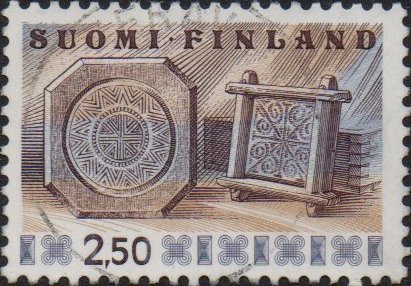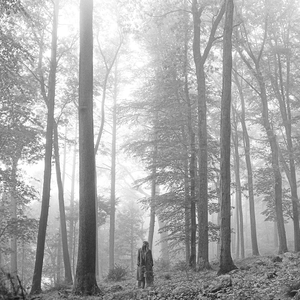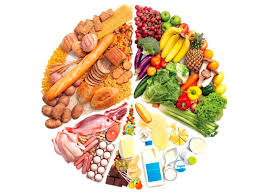Stamp: Cheese forms (wood carving) - perf 11¾ (Finland 1984)
Cheese forms (wood carving) - perf 11¾ (Finland 1984)
13 April (Finland ) within release Folk art goes into circulation Stamp Cheese forms (wood carving) - perf 11¾ face value 2.50 Finnish markka
| Stamp Cheese forms (wood carving) - perf 11¾ in catalogues | |
|---|---|
| Colnect codes: | Col: FI 1984-09 |
Stamp is horizontal format.
Paper: variant of the 1976 issue. Phosphorescent (violet glow under UV-light). Design: Pirkko Vahtero.Stamp Cheese forms (wood carving) - perf 11¾ it reflects the thematic directions:
A craft or trade is a pastime or an occupation that requires particular skills and knowledge of skilled work. In a historical sense, particularly the Middle Ages and earlier, the term is usually applied to people occupied in small scale production of goods, or their maintenance, for example by tinkers. The traditional term craftsman is nowadays often replaced by artisan and by craftsperson.
Folklore is the body of expressive culture shared by a particular group of people; it encompasses the traditions common to that culture, subculture or group. These include oral traditions such as tales, proverbs and jokes. They include material culture, ranging from traditional building styles to handmade toys common to the group. Folklore also includes customary lore, the forms and rituals of celebrations such as Christmas and weddings, folk dances and initiation rites. Each one of these, either singly or in combination, is considered a folklore artifact. Just as essential as the form, folklore also encompasses the transmission of these artifacts from one region to another or from one generation to the next. For folklore is not taught in a formal school curriculum or studied in the fine arts. Instead these traditions are passed along informally from one individual to another either through verbal instruction or demonstration. The academic study of folklore is called folkloristics.
Food is any substance consumed by an organism for nutritional support. Food is usually of plant, animal, or fungal origin and contains essential nutrients such as carbohydrates, fats, proteins, vitamins, or minerals. The substance is ingested by an organism and assimilated by the organism's cells to provide energy, maintain life, or stimulate growth. Different species of animals have different feeding behaviours that satisfy the needs of their metabolisms and have evolved to fill a specific ecological niche within specific geographical contexts.
Sculpture is the branch of the visual arts that operates in three dimensions. Sculpture is the three-dimensional art work which is physically presented in the dimensions of height, width and depth. It is one of the plastic arts. Durable sculptural processes originally used carving (the removal of material) and modelling (the addition of material, as clay), in stone, metal, ceramics, wood and other materials but, since Modernism, there has been almost complete freedom of materials and process. A wide variety of materials may be worked by removal such as carving, assembled by welding or modelling, or moulded or cast.



